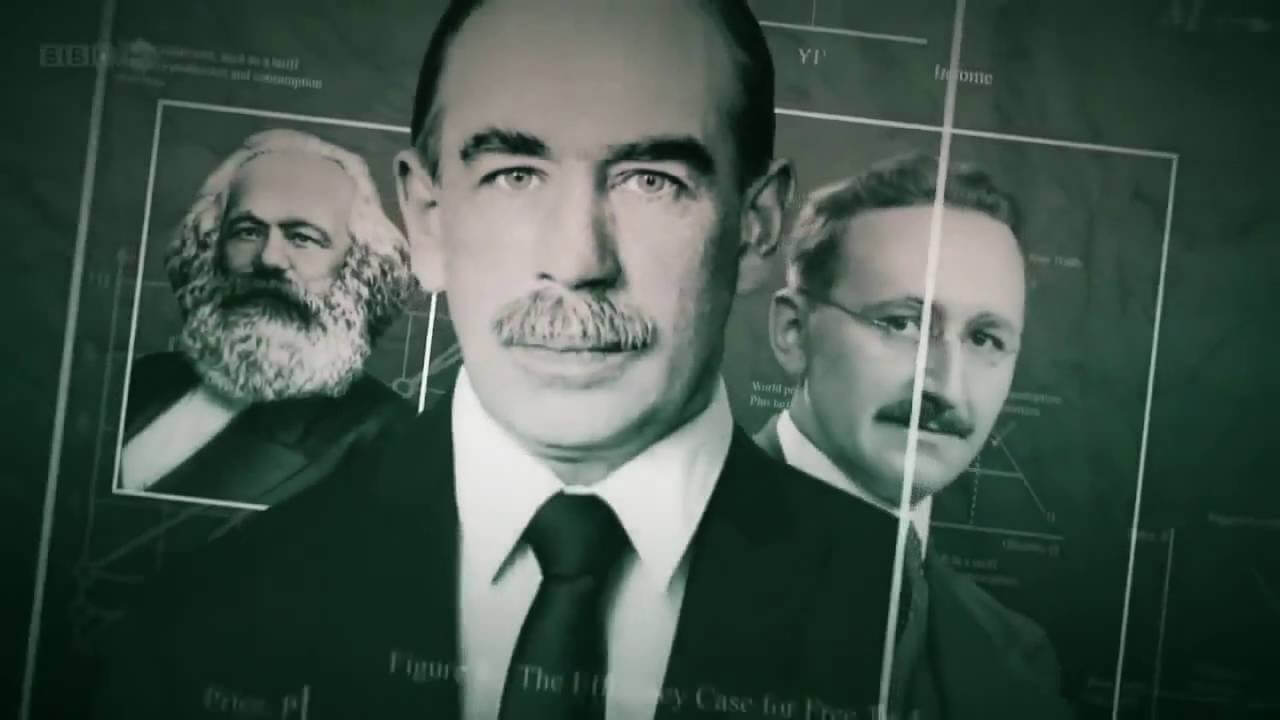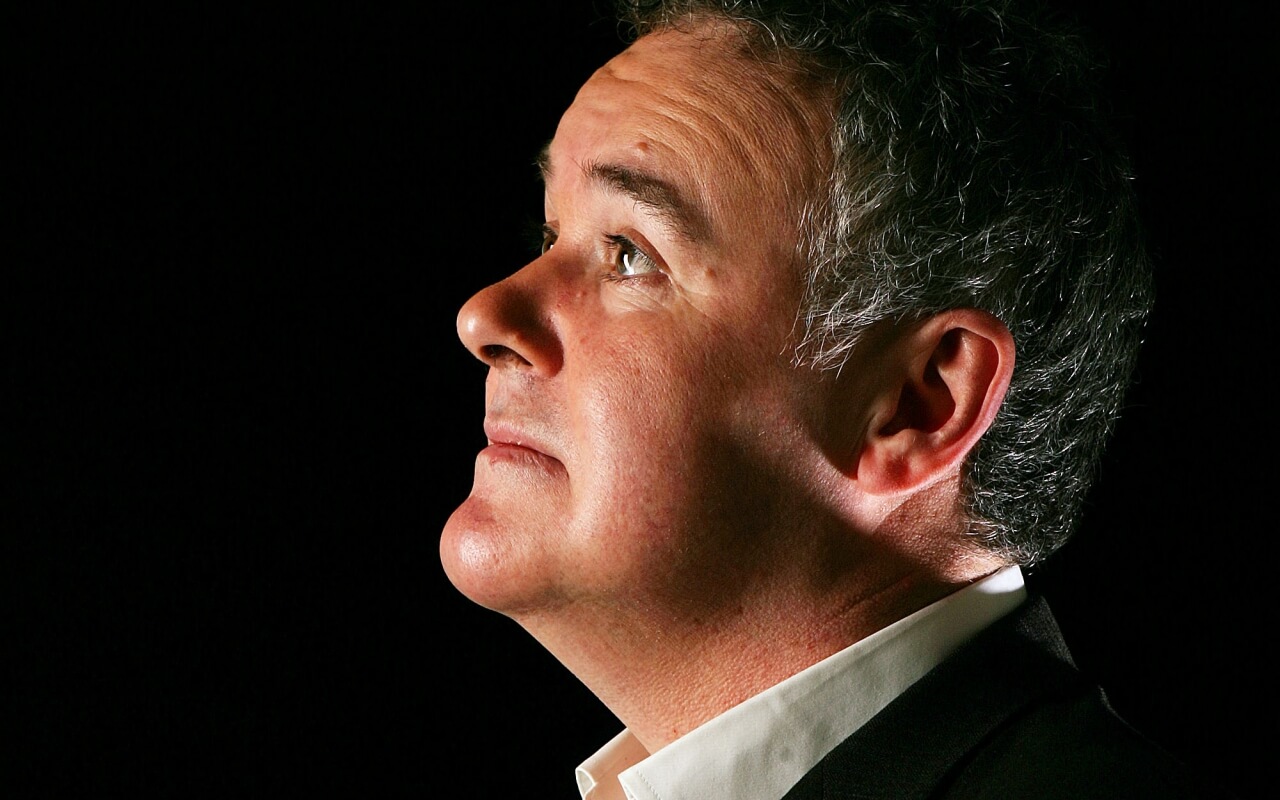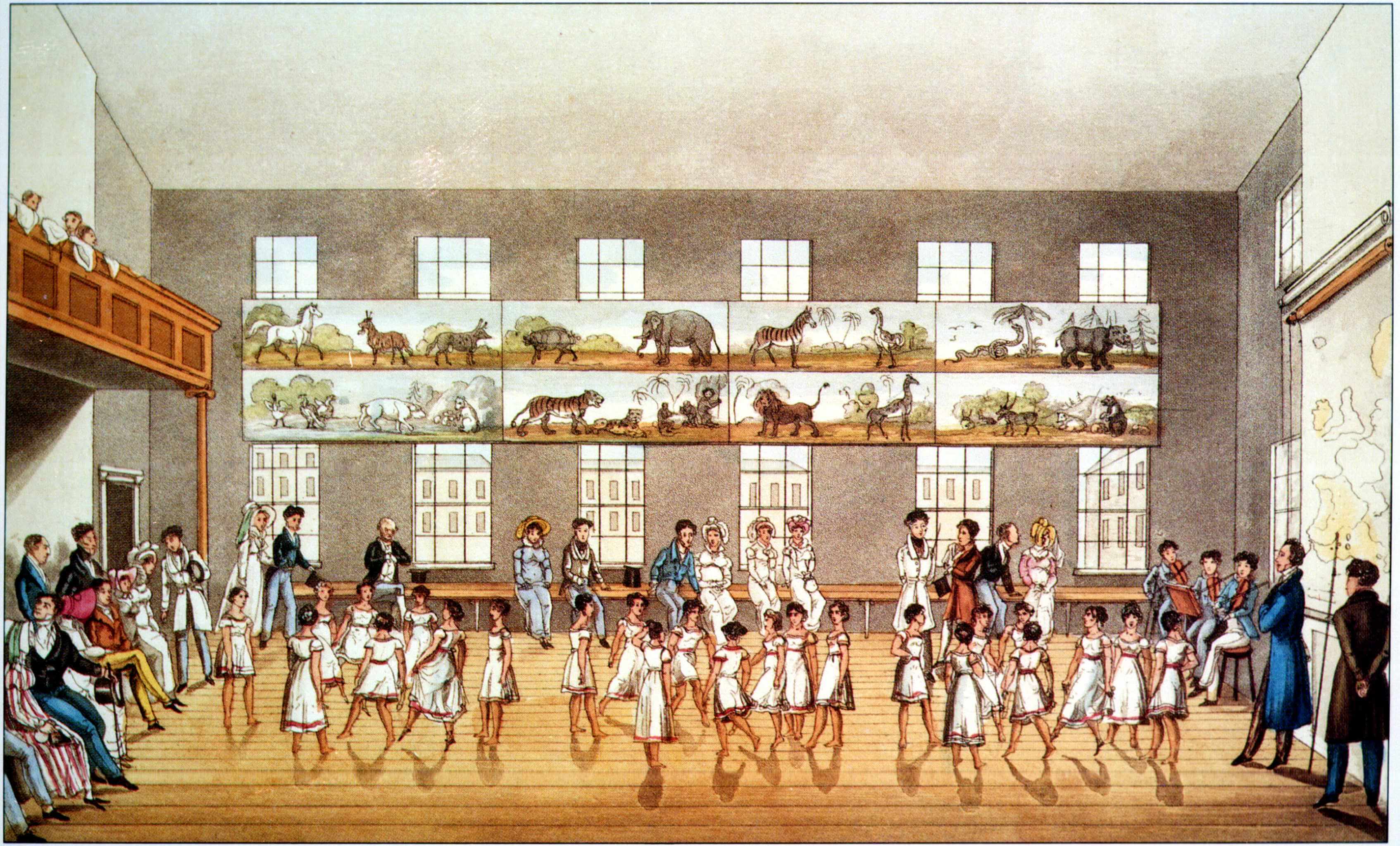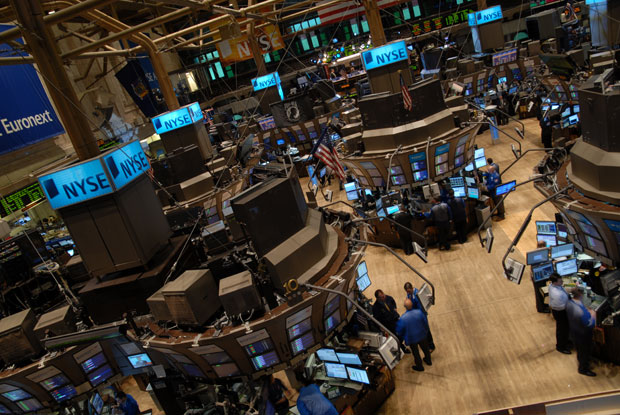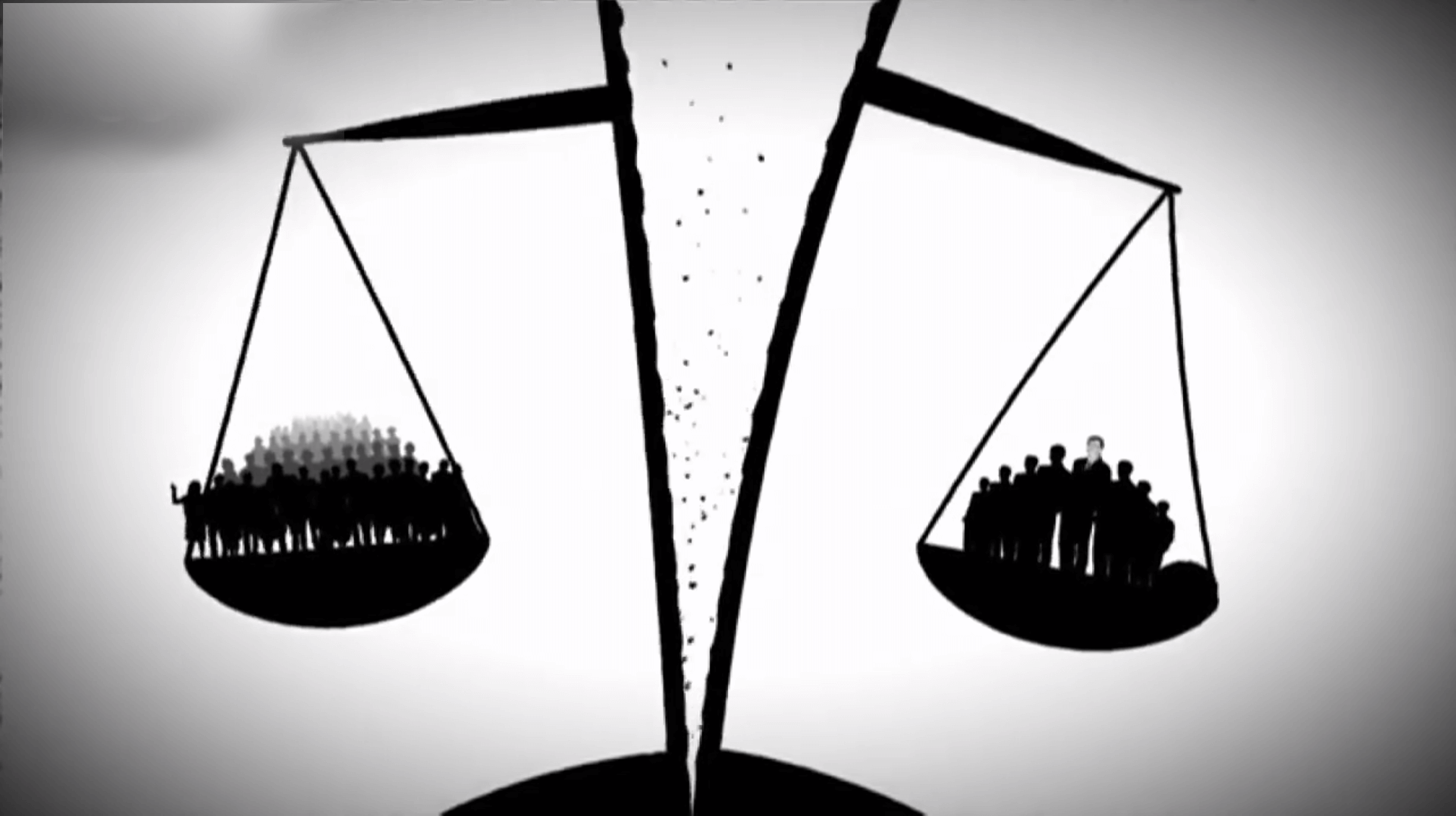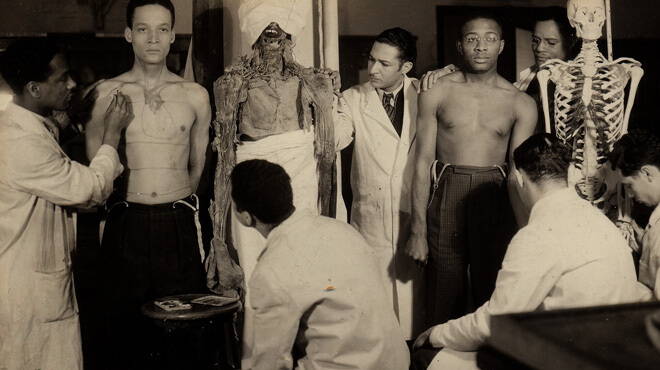description:
BBC economics editor Stephanie Flanders examines how three extraordinary thinkers, Keynes, Hayek and Marx, helped shape the 20th century.
episodes:
In Masters of Money, produced in partnership with the Open University, BBC economics editor Stephanie Flanders examines how three extraordinary thinkers, Keynes, Hayek and Marx, helped shape the 20th century and continue to exert a huge influence on our world today.
Stephanie begins by looking at John Maynard Keynes. Many argue only Winston Churchill had a greater impact on British life than Keynes over the last century. Even today his ideas remain crucial to one of the most important debates of our time: how can we escape from the economic crisis? Should governments borrow and spend their way out of trouble or slash spending and reduce the national debt?
With contributions from some of the world’s leading economic thinkers including a Nobel laureate and the governor of the Bank of England, Stephanie Flanders argues Keynes has never been more relevant or controversial than now.
During his life, Keynes was credited with, amongst other things, helping to save capitalism from the Great Depression, funding the war against the Nazis and building post-war decades of growth and rising prosperity. And when the global crisis struck in 2008, it was his ideas that the world’s leaders turned to to help avoid another depression.
According to conventional wisdom, today’s global financial crisis happened because markets were not regulated enough. But what if the opposite is true? That it was excessive government meddling in the markets that caused the crash?
In Masters of Money produced in partnership with The Open University, BBC economics editor Stephanie Flanders examines the extraordinary influence of three intellectual titans – Keynes, Hayek and Marx and shows how they shaped the 20th century and continue to have a huge impact on our world today.
Stephanie turns her attention to the radical free-market economist Friedrich Hayek. Travelling from London to Vienna and America, she unravels the extraordinary life and influence of the only free-market thinker whose reputation has grown post-crisis.
With contributions from Central bankers, politicians and a Nobel laureate, she explores why despite his enormous influence, no government has ever dared to fully implement Hayek’s solution to the problems of capitalism – set it virtually totally free from state control.
In the last of this series produced in partnership with The Open University, BBC Economics Editor Stephanie Flanders examines one of the most revolutionary and controversial thinkers of all. Karl Marx’s ideas left an indelible stamp on the lives of billions of people and the world we live in today. As the global financial crisis continues on its destructive path, some are starting to wonder if he was right.
Marx argued that capitalism is inherently unfair and therefore doomed to collapse, so it should be got rid of altogether. Today as the gap between rich and poor continues to cause tension, his ideas are once again being taken seriously at the heart of global business.
Stephanie travels from Marx’s birthplace to a former communist regime detention centre in Berlin and separates his economic analysis from what was carried out in his name. She asks what answers does Marx provide to the mess we are all in today.

